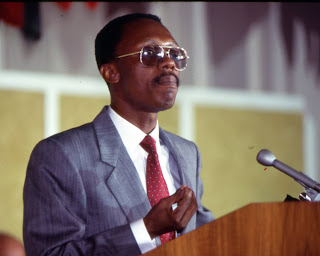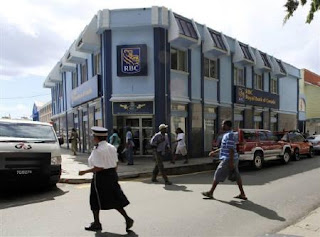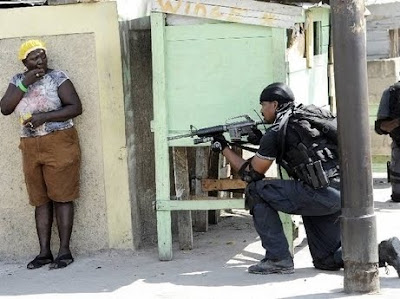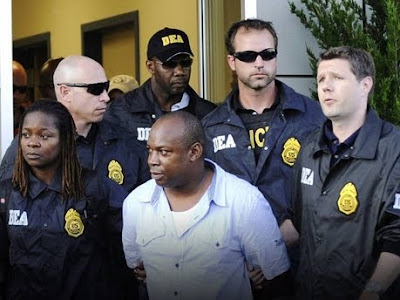Guyana: Remembering Dr. Cheddi Jagan
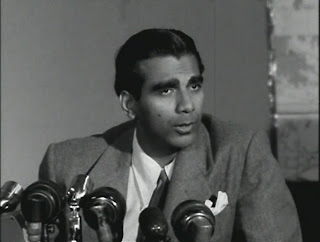
March 6 marked the 15th anniversary of the death of Dr. Cheddi Jagan, the former President of Guyana and the hemisphere’s first democratically elected Marxist leader. While that distinction is often mistakenly associated with the election of Chilean President Salvador Allende, Guyana was not only the site of this historic election, but Jagan (not Jacobo Arbenz) was also the first leader in the Americas to fall victim to Cold War military intervention—as Iran’s Mosaddegh was overthrown several months earlier on August 19, 1953. In the wake of widespread labour unrest throughout the Caribbean between 1935-38, the West India Royal Commission was established in order to investigate the socio-economic conditions of the British colonial territories in the Caribbean, and propose reforms to minimize the potential of future unrest. In a response to the Commission’s findings, during 1950-51, the British government agreed to the implementation of political reforms that would allow for universal s...
